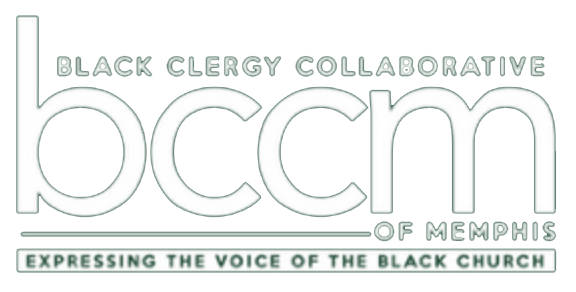We support initiatives that promote economic security, literacy, and the financial well-being of Black communities.
Economic Empowerment

Fact 1
The percentage reporting difficulty paying household expenses is highest among Tennesseans who are Black (47%), Latino (35%) or women (34%).

Fact 2
3 in 7 counties in Tennessee have populations where 25% or more of the residents have below basic literacy.

Fact 3
56% of Black adults owe money for a medical or dental bill, compared with 37% of white adults.

Fact 4
Non-Hispanic Black and Hispanic households, in which the prevalence of food insecurity is more than 2 times higher than in non-Hispanic white households.
Housing
It’s impossible to build economic security without access to safe, stable, quality, and affordable housing. Our partnership in the Greater Memphis Housing Justice Project promotes economic well-being by helping people to advocate for more affordable housing, tenant rights, and other housing justice issues.
Healthcare and Food Security
We believe that everyone should have access to quality, affordable healthcare. But according to data, as many as 128,000 people in Shelby County are without health insurance, putting access to healthcare – consistant trips to the doctor, prescription refills, and even emergency services – out of reach.
When combined with figures showing that approximately 116,000 people in the county are food insecure and at risk of poor physical health, mental health, and cognitive development due to hunger, the situation becomes even more serious. Our Journey to Food Justice seeks to reduce food insecurity in African-American households in Memphis, where it is more than double that of white families. Our goal is to address disparities in food access and help people to exercise their right to grow, sell, and eat healthy, fresh, nutritious, affordable, and culturally appropriate food.
Small Loan Fund
In partnership with Hope Credit Union, we are providing access to affordable financial products, services, and financial tools to low-income Memphis communities and discouraging the use of high-interest payday loans and other predatory lending approaches.
BCCM and HCU have each contributed $50,000 toward the fund, for a total of $100,000 in security deposits for the program. How does it work? Through our small loan fund, applicants can ask for a low-fee, low-rate loan of $500-$1,000 with a 12-month repayment window. Part of the loan starts a savings account at Hope Credit Union; once the loan is repaid the savings and dividends earned go back to the applicant.
”We support initiatives that bring the Black community into the economic mainstream, build community wealth and facilitate self-determination.
Rev. Darell HarringtonEconomic Empowerment Chair
Join Us
The Black Clergy Collaborative of Memphis (BCCM) comprises members who work together to address systemic issues affecting Black communities in the United States. To become a member of the Black Clergy Collaborative, please fill out the form below. A member of our team will contact you within seven business days to discuss your committee interests and answer any questions you may have.
